In this article, I discuss why it is helpful to recognize that issues you’re facing are issues which most people find challenging.
Estimated reading time: 4 minutes.
Many clients I encounter not only suffer from the issues they are facing, they sustain additional distress by getting down on themselves for having the issues when other people don’t have them. When I inform these clients that most people must deal with the issues they are facing, the relief they convey is palpable.
This captures the essence of normalizing issues. When we normalize issues, we recognize that issues we are facing are issues which most people find challenging. There are many issues for which normalizing has beneficial effects. I will discuss these in the following sections.
Normalizing perpetual problems in your relationships
Couples who come for therapy often express frustration at not being able to solve problems by communicating with each other. They then assume that other couples can solve their problems and that being unable to solve theirs means that they are poor at communicating or have a bad relationship in general.
These same couples are surprised when they learn that every couple has problems which, by their nature, are resistant to solution. Psychologist Dr. John Gottman referred to these as ‘perpetual problems’. They are hard to solve because they stem from deeply rooted differences between the two partners in their backgrounds and personalities. Dr. Gottman’s research indicates that every relationship has perpetual problems and that perpetual problems comprise most problems which a couple faces.
Normalizing perpetual problems removes the additional distress a couple experiences from believing they are lacking because they are unable to solve these problems. This then makes it easier to focus on strategies to manage their perpetual problems so that they can have a thriving relationship despite the presence of such problems.
Normalizing pre-performance anxiety
Athletes, musicians, actors, and other performers often express concern about having anxiety leading up to their performances and that the anxiety increases the closer they get to ‘show time’. They typically come to therapy seeking strategies to get rid of this pre-performance anxiety.
It comes as a relief to these performers when they learn that all performers–not just they–experience pre-performance anxiety. It is the body’s ‘fight or flight’ response which prepares us to face threats and challenges. Therefore, this response ‘kicks in’ as the time approaches when we are to face the challenge of a performance.
Not only does everyone have performance anxiety, research indicates that the best performances occur when it is present. This accurate and positive view of performance anxiety allows performers not only to accept it but to embrace it rather than futilely trying to fight it. Athletes can then work on managing the level of pre-performance anxiety they experience so that it is near their ‘optimal level of anxiety’—the amount which is associated with their best performances because it is neither too high nor too low in intensity.
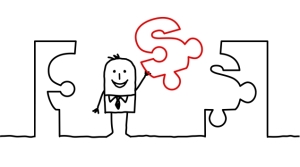
Normalizing emotions
One of most important strategies to maintain good mental health is to normalize the emotions we experience. Unfortunately, the prevailing message conveyed to the public in the media is that any emotions other than positive ones like happiness, joy and excitement are inherently bad and are to be avoided and resisted as much as possible.
In fact, commonly reviled emotions such as anxiety, anger, frustration, and guilt are experienced regularly by everyone. Furthermore, if managed properly these emotions benefit us. Anxiety prepares us to face challenges; anger signals us that we need to address life situations—often involving setting boundaries with others; frustration signals us that we need to get ‘unstuck’ from life situations in which we are not making progress; and guilt reminds us that we violated our standards and need to do better at adhering to them.
When we normalize such emotions, we spend less time futilely trying to deny and resist experiencing them. This allows us to shift toward the productive steps of accepting and managing them.
This can entail practicing strategies to lower the intensity of these emotions to manageable levels. Doing so makes it easier for us to perform effectively while experiencing these emotions. Skills and techniques from cognitive behavioural therapy (CBT) and from acceptance and commitment therapy (ACT) are designed to help people achieve these goals.
Normalizing procrastination
Many clients report having the issue of procrastination. This entails not attempting tasks or activities which they say they should be doing or would like to be doing. Typically, the tasks and activities which they are most likely to avoid are those which are unpleasant and require effort (such as homework, household chores and exercise).
It is also common for such clients to report that they often choose to do more enjoyable and less effortful activities such as playing video games or surfing the internet. They often attribute this tendency to a lack of motivation or an inability to focus which is outside their control.
A turning point in such clients addressing their procrastination is to normalize the urge to procrastinate. Those people who are good at getting tasks done consistently also have urges to do more pleasant or less effortful activities. The difference is that these people have practiced overcoming these urges and getting tasks done to the point that it has become a habit.
That is, overcoming procrastination entails normalizing that doing tasks and activities which are unpleasant when there are alternative activities which require less effort and provide immediate gratification is challenging for everyone. However, just because an endeavour is challenging does not mean that it is impossible. In this case, even someone who believes that procrastination is an immutable part of their personality can get tasks done by practicing strategies to overcome the urge to procrastinate.
The bottom line on the benefits of normalizing
When you normalize an issue you are experiencing, you stop beating yourself up for having the issue because you recognize that it is normal to struggle with it. In turn, this facilitates acceptance of the issue and taking steps toward managing and addressing the issue.
If you are finding it challenging to normalize issues which you are experiencing, it may be helpful for you to work with a psychologist who can guide you through the process.
May you normalize issues which you are experiencing,
Dr. Pat

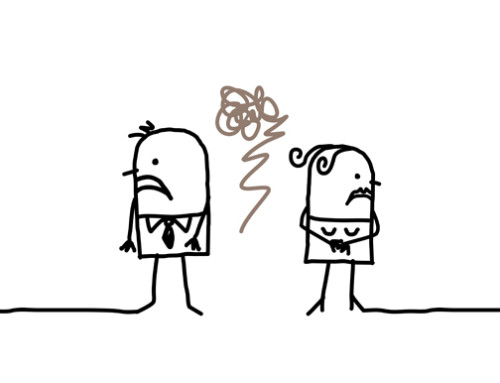

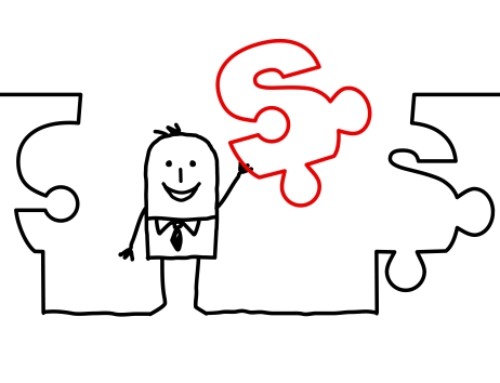
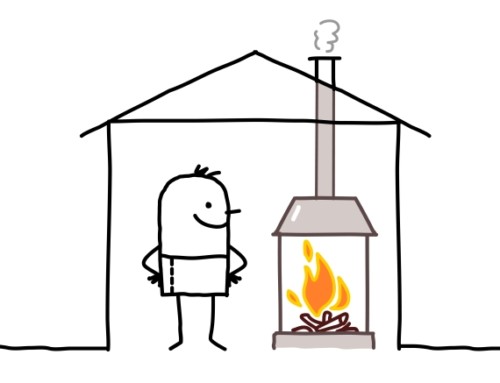
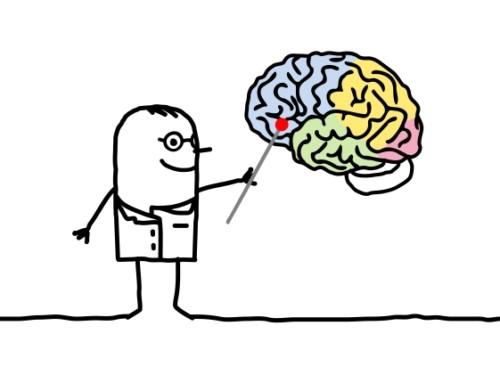
Leave A Comment